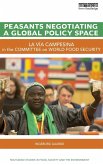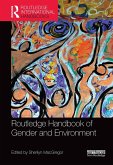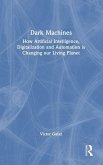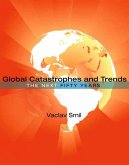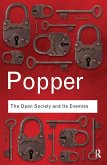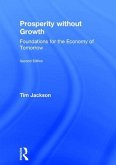Marcuse's critical theory is as large as the world he was mapping. No one has navigated Marcuse's oeuvre with greater care and precision than Charles Reitz, who is not only the most accomplished translator of Marcuse's German works into English but also the most accessible teacher of Marcuse's radical contributions to contemporary theory. Inspired by the persistence of the Great Refusal and by what Marcuse called "revolutionary ecological liberation," Reitz maintains the necessity of settling for nothing less than human freedom.
Andrew T. Lamas, University of Pennsylvania
Charles Reitz is without question one of the most important interpreters of the work of Marcuse writing today, as well as one of the key contemporary philosophers of praxis. His most recent work only underscores this assessment. A brilliant and timely work!
Peter McLaren, Chapman University
As we hurtle towards planetary destruction, Reitz provides a revolutionary alternative to global financial capitalism. Building upon the work of Marcuse and Marx, a GreenCommonWealth outlines how we can and must challenge structural oppression through a praxis oriented towards solidarity within a communal humanity.
Sarah Surak, Salisbury University
Andrew T. Lamas, University of Pennsylvania
Charles Reitz is without question one of the most important interpreters of the work of Marcuse writing today, as well as one of the key contemporary philosophers of praxis. His most recent work only underscores this assessment. A brilliant and timely work!
Peter McLaren, Chapman University
As we hurtle towards planetary destruction, Reitz provides a revolutionary alternative to global financial capitalism. Building upon the work of Marcuse and Marx, a GreenCommonWealth outlines how we can and must challenge structural oppression through a praxis oriented towards solidarity within a communal humanity.
Sarah Surak, Salisbury University



